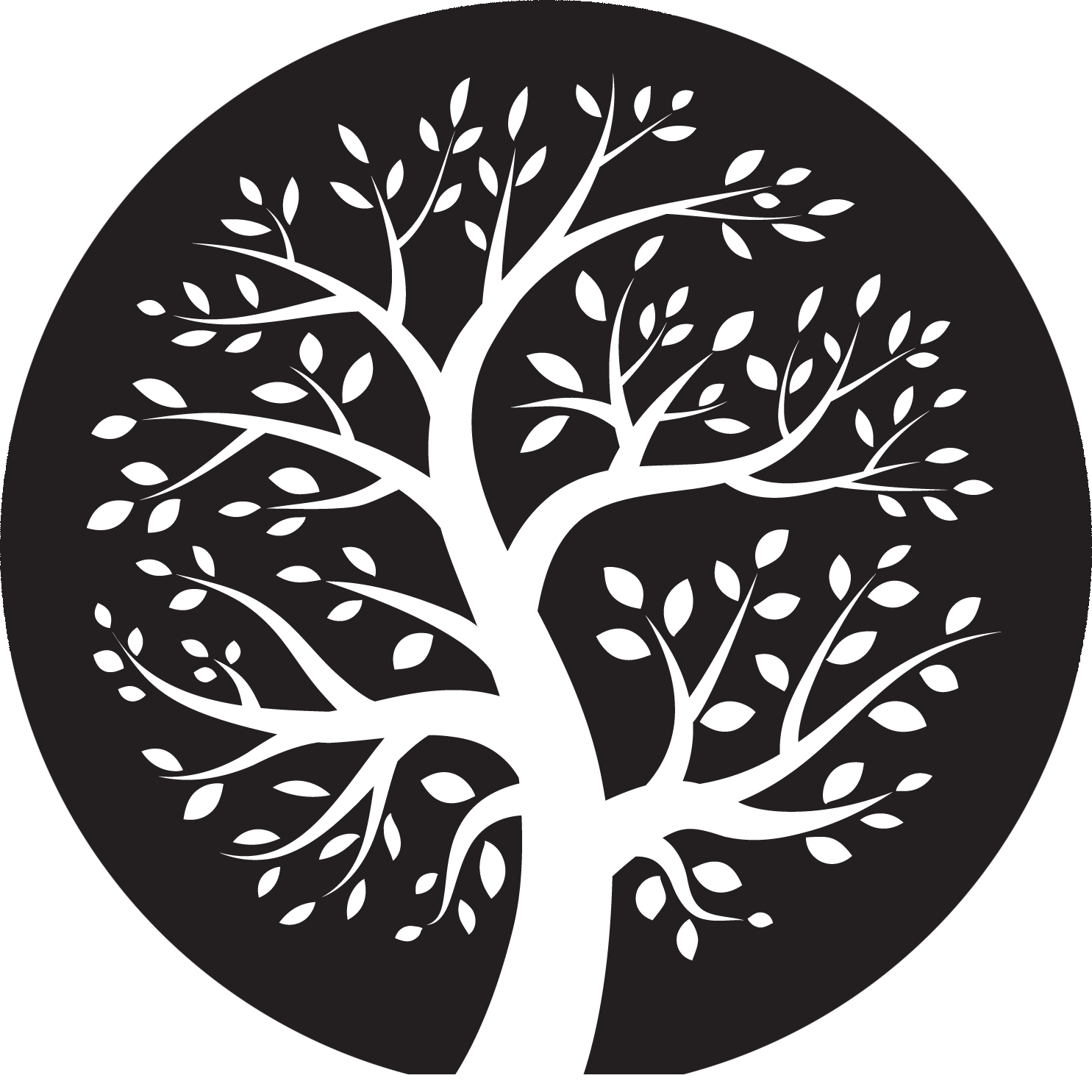Nourishing the Four Pillars of Yoga Therapy
The yoga therapists of the Happy Yogi Cooperative are dedicated to supporting our community by sharing the grace and healing aspects of yoga. We have agreed on four fundamental principles to guide our collective yoga therapy work, and although each of us has a unique approach in yoga therapy, the four pillars or principles are foundational to our practice.
In my practice, I envision each of the four pillars as follows:
Cultivating Greater Connection & Joy
Rooted in my yoga therapy practice is guidance for the community to reconnect with our innate abilities to heal and rejuvenate ourselves. As “creatures” of nature, we too are connected to Mother Earth’s seasonal cycles, of birth (spring), vitality (summer), transformation (autumn), and restoration (winter). Understanding our connection to nature’s lifecycle provides us with the patience to endure the ebb and flow of experiences that may impact our well-being.
Nervous System Regulation
The nervous system serves as our “antenna” to the outside world. Our perception greatly influences our reality, impacting our overall health and well-being. Yoga therapy includes mindfulness practices such as meditation and pranayama (breathwork) that help to recalibrate the stress response. Stress is a co-factor in various health challenges. It may cause chronic inflammation, hypertension, and over-indulging in what we consume. Our ability to regulate the stress response is key to healing.
Developing Skills for Self-Care and Resilience
In yoga philosophy, Niyamas are personal observances for developing skills for self-care and resilience. The yoga therapy approach includes establishing practices that help us tend to our self-care through saucha (cleanliness of mind and body), santosha (seeking joy on a daily basis), tapas (cultivating resilience by building our internal will), svadhyaya (dedicating ourselves to life-long learning), and ishvara pranidhana (acknowledging the beauty of our being with an attitude of gratitude).
Establishing Daily Mind-Body Practices for Greater Health
Healing comes from within. By forming daily mind-body practices, we develop self-care rituals that are therapeutic. For example, the sister science of yoga, Ayurveda, includes Dinacharya, a daily self-care routine that includes bathing, oral hygiene, physical exercise, mindfulness practices and nourishing foods that aligns with our individual constitution. The practice of Dinacharya is a self-discipline practice that honors our lives and our Creator who shares the gift of life with us.
Yoga therapy invites you to create a new way of being for yourself and your loved ones. It is a healing tool designed to complement conventional health strategies and protocols. The Happy Yogi Cooperative’s four pillars of yoga therapy express our commitment to cultivating a community that lives and thrives through challenging times.
Be well!
Charlene Muhammad, E-RYT500, C-IAYT
Charlene Marie Muhammad, a wellness practitioner, practicing yoga for over 30 years is a E-RYT500 yoga teacher. Since 2006, Charlene teaches weekly yoga classes for communities of color and facilitates YTT 200- and 300-hour core requirements workshops for YTT schools around the United States.
Charlene holds a Master of Science Degree in Herbal Medicine from Maryland University of Integrative Health (MUIH) and is a licensed dietitian and certified yoga therapist. She is a member of the Black Yoga Teachers Alliance (BYTA) Board of Directors, served as chair for the Diversity, Equity, and Inclusion Task Force for the International Association of Yoga Therapists (IAYT), and provides mentorship for the Yoga for Arthritis teacher certification program and the Certified Nutrition Specialist certification program.




